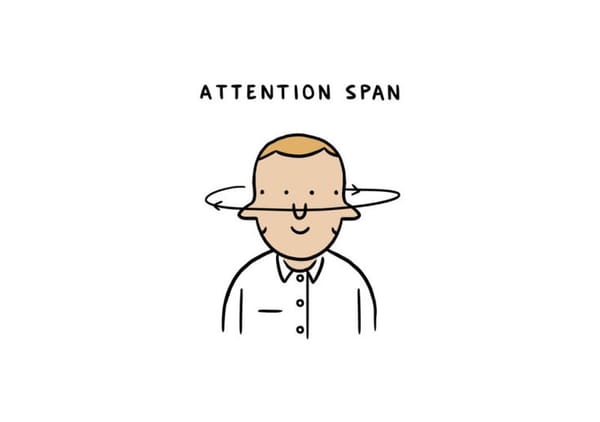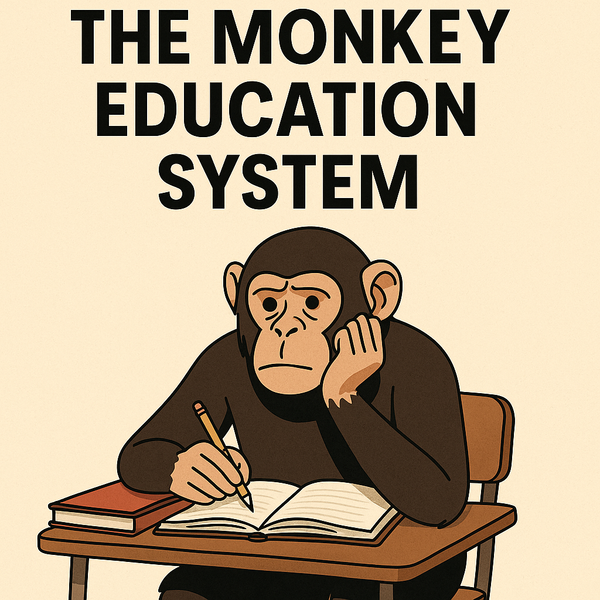THE FEEDBACK FIX: How to Make Criticism Useful, Not Personal
Feedback shouldn’t feel like a threat. This post breaks down how to build a feedback culture rooted in clarity, real-time learning, and growth not shame.
Let’s be real: most people dread feedback.
Not because they hate improvement but because they’ve only ever experienced it as correction, not conversation.
“Criticism, like rain, should be gentle enough to nourish a person's growth without destroying their roots.” – Frank A. Clark
In too many workplaces, feedback is:
- Delivered too late to be useful
- Tied to ego instead of growth
- Reserved for annual reviews and surprise evaluations
We can do better.
Why the Current System Fails:
- Feedback feels like punishment
- Reviews happen long after the moment’s passed
- Employees aren’t trained to give or receive it constructively
- Leaders avoid hard conversations until they explode
The Fix: Real-Time, Low-Ego Feedback Loops
Feedback should be:
- Short
- Specific
- Regular
- Collaborative
“Feedback is the breakfast of champions.” – Ken Blanchard
Here’s how to make it work:
- Normalize Micro-Feedback A sentence here, a reflection there. The more regular it is, the less threatening it feels.
- Make It Two-Way Managers should ask for feedback just as often as they give it.
- Focus on Behavior, Not Identity “Here’s what I noticed” > “You’re not a team player.”
- Build In Reflection Time Feedback without space to process = overwhelm. Make time to review, not just react.
For Employers & Managers:
- Create a culture where feedback isn’t taboo it’s routine
- Reward clarity, not just compliance
- Train teams in how to ask for feedback, not just deliver it
For Employees:
- Ask: “What’s one thing I can improve this week?”
- Treat feedback as data, not identity
- Share what type of feedback you prefer (direct, written, etc.)
“We all need people who will give us feedback. That’s how we improve.” – Bill Gates
Final Thought:
Feedback should make you feel seen, not attacked.
It’s not a threat. It’s a mirror and if you use it well, it becomes a compass.
Let’s stop fearing feedback and start using it as fuel.





